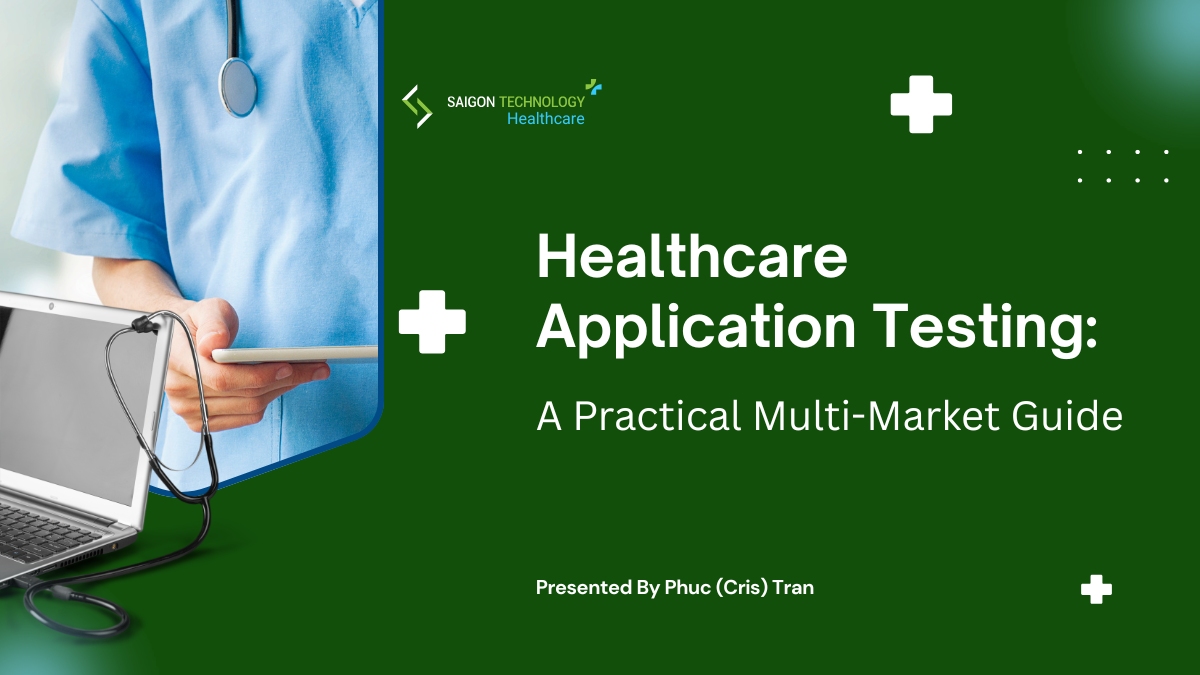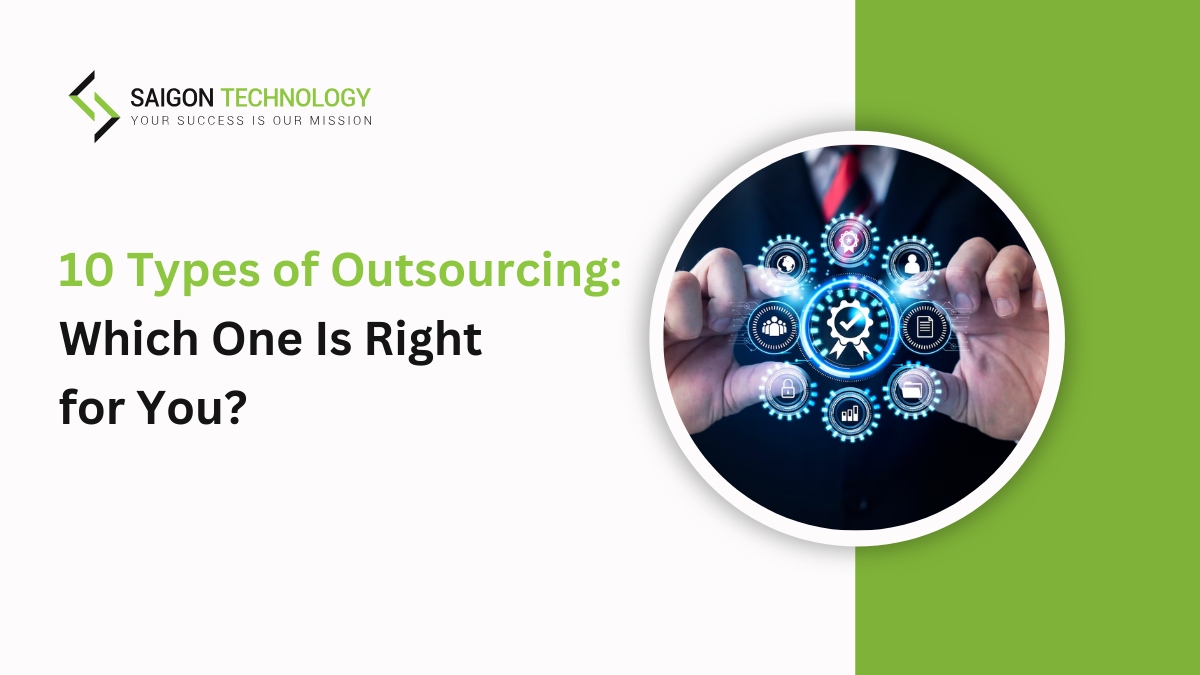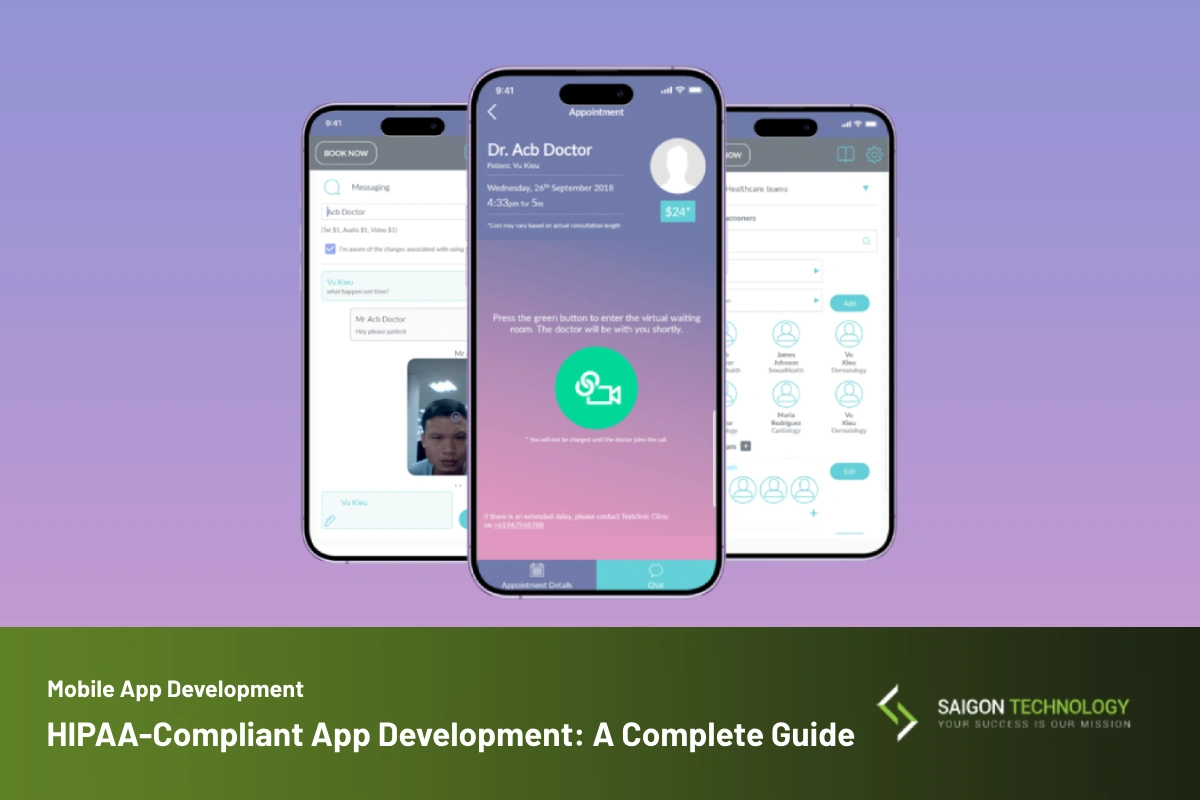Cloud technology has been making waves in the business world for a few years now. Many companies have started to move their operations to the cloud, and the healthcare industry is no exception.
It offers many advantages for providers, including increased efficiency and cost savings. In this blog post, we will discuss how cloud computing is changing the industry and how it can benefit your business.
Cloud Computing in Healthcare
Cloud computing has the potential to help providers meet these challenges by increasing efficiency and reducing expenses. It allows organizations to store, manage, and process data in a remote location. This can free up valuable space in hospitals and clinics, as well as reduce the need for on-site IT staff. It can also make it easier for providers to share data with other organizations, such as research facilities or insurance companies.
Benefits
This technology is changing the healthcare industry, and it can benefit your business. If you are looking for ways to improve efficiency and reduce costs, it may be the right solution for you.
- Increased Efficiency: Cloud-based applications can be accessed from anywhere, anytime. This allows providers to offer their services more efficiently and respond quickly to changes in the market.
- Cost Savings: Mobile app development for healthcare can offer cost-saving benefits by reducing infrastructure and IT expenses for organizations. Compared to traditional apps, cloud-based applications are usually more affordable and can be customized to meet specific organizational needs, making it a scalable solution for cost savings.
- Improved Patient Care: The technology can help improve patient care by providing access to real-time data and analytics. This information can help providers make better-informed decisions about patient care.
- Rise of Telemedicine: One of the most exciting applications is telemedicine. Telemedicine allows providers to offer their services remotely, using video conferencing and other digital tools. This type of care is particularly beneficial for patients in rural areas who may have difficulty accessing traditional medical care. This technology makes it possible for these patients to receive the care they need when they need it. Telemedicine is not only convenient for patients, but it can also help providers save time and money.
Studies have shown that telemedicine can reduce hospital admissions by up to 30%. This is because patients are able to get the care they need without having to travel to a hospital or doctor’s office. Telemedicine is still in its early stages, but it has the potential to revolutionize the industry. It will play a key role in making telemedicine more accessible and affordable for providers and patients alike.
- Convenient Interoperability: One of the most important benefits is interoperability. This means that you can easily access the applications from any device. Additionally, It is typically more affordable than traditional software.
This technology is also changing how organizations interact with patients. The applications allow providers to offer their services more conveniently and respond quickly to changes in the market. This can help improve patient care by providing access to real-time data and analytics.
- Enhanced collaboration: Another big benefit is enhanced collaboration. The applications make it easy for providers to share information and work together on patient care. This type of collaboration can help improve patient outcomes by ensuring that all members of the care team have the most up-to-date information.
Types of Cloud Computing Services
- IaaS: It is a type that enables businesses to access infrastructures, like servers and storage. This type of service is often used by businesses that do not have the internal resources to manage their own infrastructure.
- PaaS: PaaS is a type that provides businesses with access to a platform for developing, testing, and deploying applications. This type of service is often used by businesses that want to reduce the time and cost of developing and deploying applications.
- SaaS: SaaS is a type that provides businesses with access to software applications. SaaS application development companies specialize in creating and providing businesses with access to software applications. This type of service is often used by businesses that want to reduce the time and cost of purchasing and maintaining software.
Challenges to adopting
The healthcare industry is subject to many regulations, which can make adopting new technologies difficult.
Compliance with HIPAA
One of the main challenges facing providers who want to adopt cloud computing is compliance with HIPAA (Health Insurance Portability and Accountability Act). Cloud service providers must meet strict requirements to be HIPAA compliant, and not all providers can meet these requirements.
It also raises questions about data sovereignty. Data sovereignty is the concept that data should be stored in the country where it was collected. This is a concern for organizations because they may have patients from all over the world. Providers typically store data in multiple countries, which means that patient data could be subject to different laws.
Providers are working to address these concerns and ensure that their services are compliant with HIPAA. However, it is important for organizations to do their own research to make sure that they are comfortable with the provider they choose.
Reluctance to move data to the cloud
Many providers are reluctant to move their data to the cloud because of security concerns. It is a relatively new technology, and there have been some high-profile security breaches at major service providers. However, these breaches have typically been due to user error or malicious attacks and not due to flaws in the cloud platform itself.
Lack of security and privacy
The other major concern is security. Data is some of the most sensitive information out there, and there have been several high-profile breaches in recent years. As a result, many providers are hesitant to move their data to the cloud.
However, this technology has come a long way in recent years, and it is now much more secure than it was in the past. Providers have invested heavily in security, and they offer a variety of features to keep your data safe.
Another concern for providers is privacy. The Health Insurance Portability and Accountability Act (HIPAA) requires providers to take steps to protect patient data. When data is stored in the cloud, it may be subject to different privacy laws than it would be if it were stored on-premises. However, providers take HIPAA compliance seriously, and they offer a variety of features to help you meet your obligations.
The complexity of development and implementation
This technology is still in its early stages of development and adoption. Many organizations are hesitant to move to the cloud because of the complexity involved in development and implementation.
It requires a different approach to IT infrastructure and security, which can be daunting for some organizations. In addition, the cloud is constantly evolving, so providers need to be prepared to regularly make changes to their systems.
High costs
As mentioned above, the technology is still relatively new, and as such, it can be quite expensive to implement. For organizations that are already struggling with tight budgets, the upfront cost of moving to the cloud can be a deterrent.
In addition, some companies may not have the in-house expertise needed to manage infrastructure. As a result, they may need to hire expensive consultants or outsource their IT operations.
Final Thoughts
Cloud computing is a major force in the healthcare industry, changing how organizations operate. This technology offers many advantages, including cost savings, improved patient care, enhanced collaboration, and convenient interoperability. Telemedicine is one of the most exciting applications, and it has the potential to revolutionize the industry.
It will play a key role in making telemedicine more accessible and affordable for providers and patients. If you’re looking for a way to improve your organization, consider moving to the cloud. The applications can help you increase efficiency, save money, and improve patient care.










